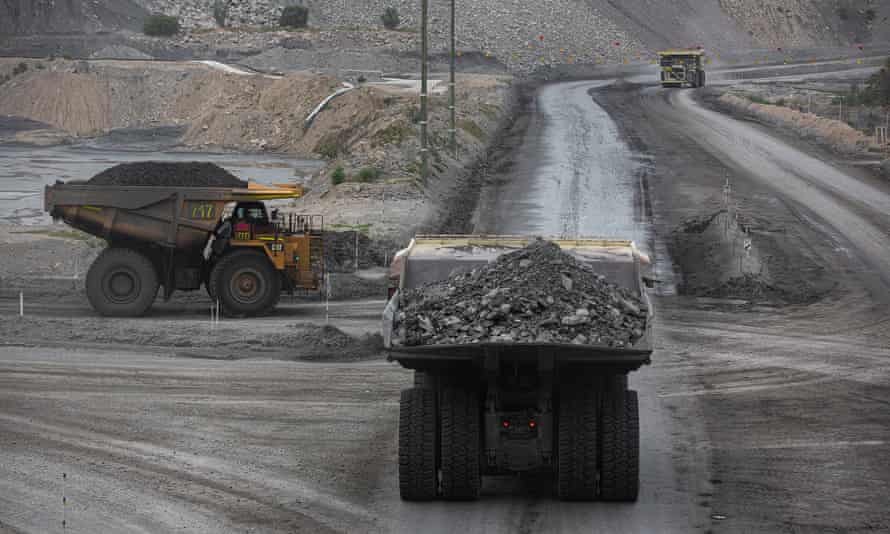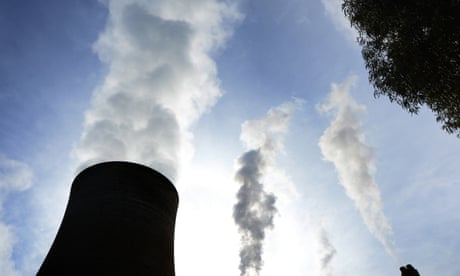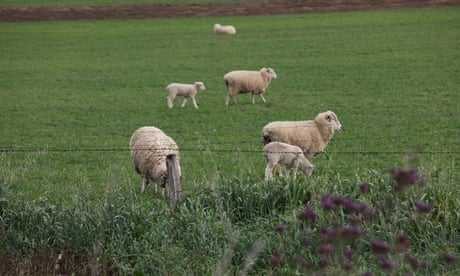Extract from The Guardian
Blueprint Institute report says ‘coal adaption authorities’ would provide income insurance and early retirement packages as fossil fuel demand wanes.
- Sign up for the Rural Network email newsletter
- Join the Rural Network group on Facebook to be part of the community

The Mount Thorley Warkworth mine, in the Upper Hunter Valley, NSW. The Blueprint Institute says 5% of coal royalties should go towards providing help to mining communities as coal is phased out.
“These regional communities deserve considered policies and a pragmatic road map as coal-fired power becomes financially unviable for the companies which own it,” the institute’s senior energy researcher, Josh Steinert, said. “Each community should be given the tools to craft its own path forward.”
The plan would see governments force energy companies to develop proactive plans for worker displacement – which could be coordinated by so-called coal adaptation authorities. “Short-term wage subsidies should also be available as a last resort,” the report states.
The Morrison government is trying to land a climate policy ahead of the Cop26 Glasgow summit in November, including whether to support a goal of net zero emissions by 2050.
As the reactionary end of the National party rules out support for such a goal, the Blueprint report highlights that the coal industry is declining quickly, with coal-fired power stations Yallourn and Lithgow to close earlier than expected.
The report follows the $25m New South Wales Royalties for Rejuvenation policy announced earlier this year by the Berejiklian government for the regions hit by the decline of coal.
But it goes one step further to recommend the funds establish regional authorities to design industry, jobs and renewal plans for their own regions, rather than have plans imposed on them by governments.
A 5% royalty stream would add up to $259m in total, including $175m in Queensland; $80m in NSW and $4m in Victoria.
The report reflects on international regional energy transition schemes that fund workers and regions particularly hard hit, as the world changes its energy supply mix.
For example, Spain’s trade unions and energy companies signed agreements in 2019 with the Socialist Workers’ Party government to shut down the entire coal industry in return for early retirement and investment in replacement industries.
One of the best examples of transition away from coal is in the Ruhr Valley in Germany, where the government closed coalmines by transitioning early and developing other industries to boost regional economies.
“Diversification opportunities in the densely populated and urbanised Ruhr region of more than five million may be more accessible than in the coal regions of Australia, Britain, and Spain.
“Still, much can be learned from Germany’s bold and proactive approach to rejuvenate its industrial heartland.”

The Hunter Jobs Alliance fuses unions, community and environmental interest in a NSW region where coal mines and generators provide over 7,000 mining jobs and support 3,400 supplier businesses in the region, according to the report.
Alliance coordinator Warrick Jordan said the region was beginning to see a shift happening in the community but welcomed the Blueprint report as well as any other ideas “before structural change starts to pick up pace”.
“Regional people are practical, and they pay attention,” Jordan said.
“They see an economic change emerging and they are worried about what it means for their livelihoods and communities. People don’t want to be mugged by reality, even if some of the political debate hasn’t caught up with what is coming down the line economically.”


No comments:
Post a Comment